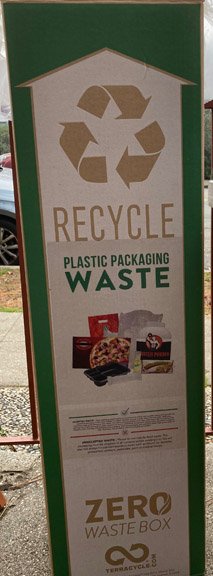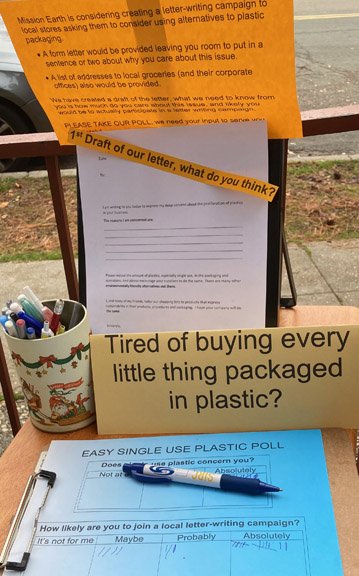Plastic-Free Ideas
Accumulated plastic at the Material Recovery Facility near Lincoln, CA; photo by Tom Piette.
Mission Earth believes that single-use plastic is both an environmental and social justice issue that we cannot continue to ignore. Individually, and as a congregation we can do more to rid ourselves of unnecessary plastic (especially single use plastic).
Quick Links:
the problem with plastic
reducing plastic in our everyday lives
shopping for alternatives to plastic products
dealing with your trash in Placer County
locals stores that recycle
eat less plastic (from Consumer Reports)
More about the plastic crisis:
The Problem
Plastic lasts virtually forever, very little of it is actually recyclable, and production has been ramping up to higher and higher levels. For decades the petrochemical/plastics industry has been misleading the public, creating a plastics numbering system that gives the false impression that all plastics is recyclable, pushing the use of plastics, and assuaging the public’s guilt by producing slick advertising campaigns to promote recycling. This puts the onus of the problem on the consumer, distracting them from where the plastics come from in the first place. Less than 10% of all of the plastics created has actually been recycled, and much of our plastic waste is shipped to less developed southeast Asian countries that do not have effective environmental laws to protect their people from this pollution problem. Mission Earth recommends that you watch either or both of these documentaries to understand the scope of the plastics problem:
Frontline: Plastic Wars (54 minutes, aired by PBS on March 31, 2020). Go to the companion website for more information about this documentary
This is the trailer for The Story of Plastic (1hr 23min, presented by The Story of Stuff Project; premiered April 22, 2020). The full documentary is available through Apple TV and Prime Video.
Reducing Plastic in Our Everyday Lives
Mission Earth Tabled for Plastic-Free Ideas on December 5, 2021
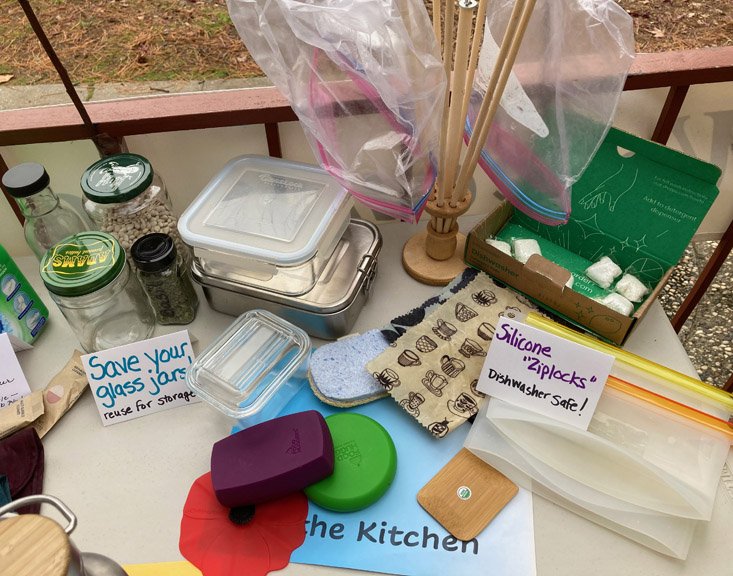
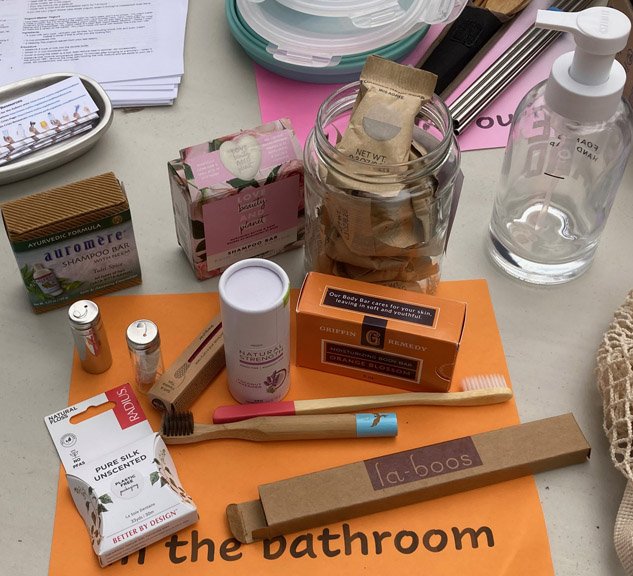
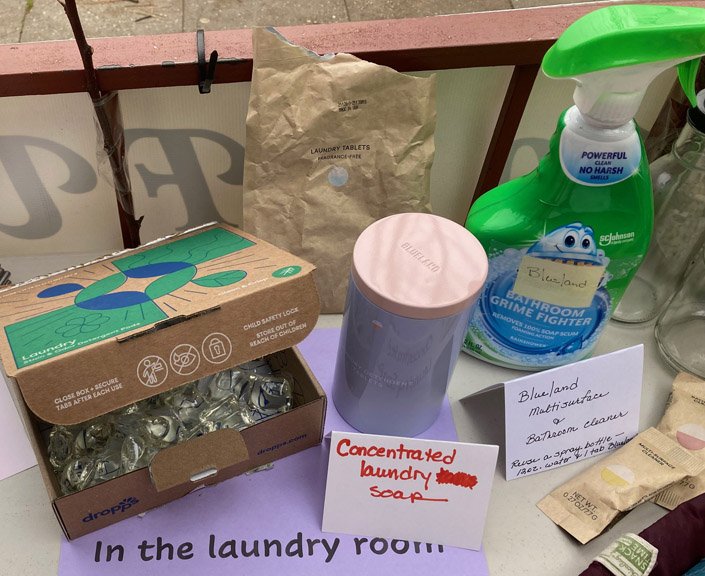
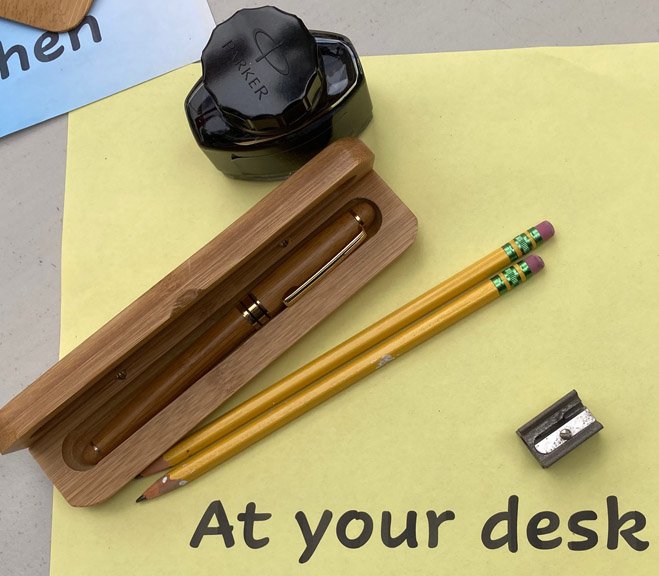
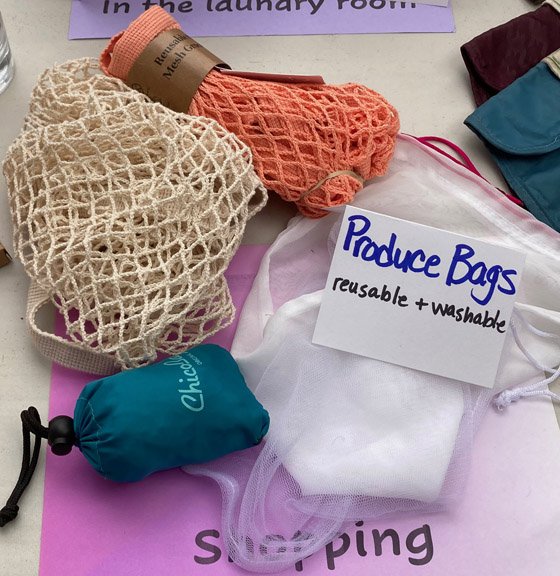
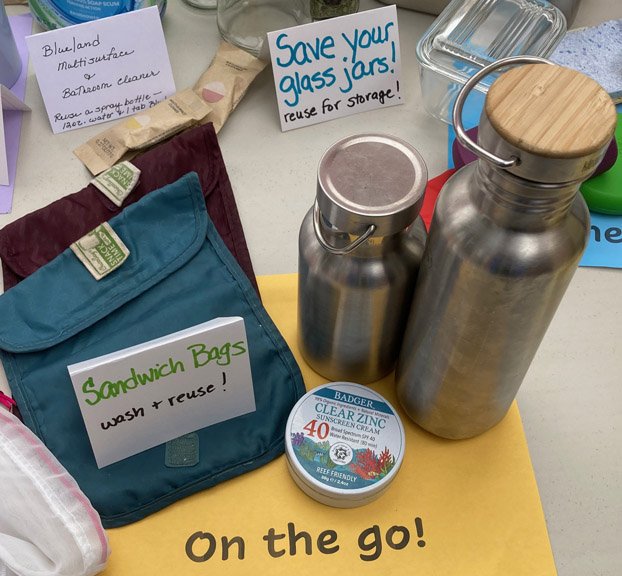
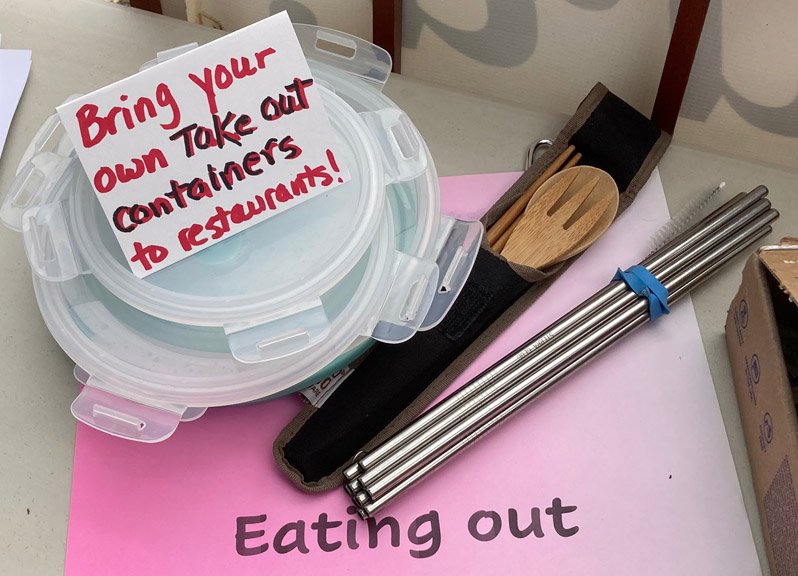
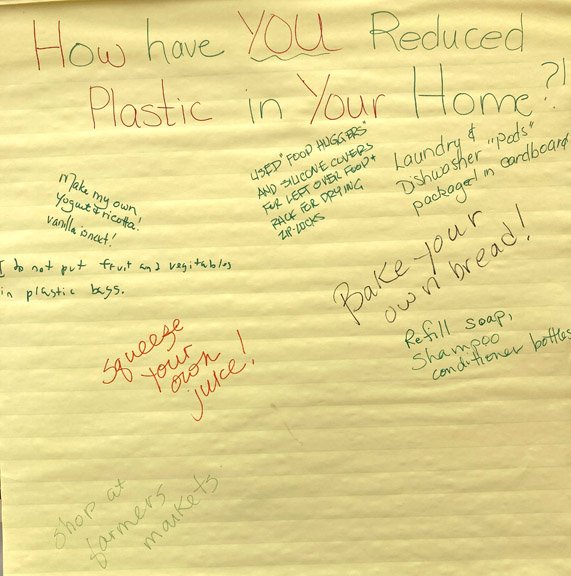
We have a lot of information for you from our tabling event! You can see up close photos of our tabled ideas in the photo gallery to the right. If you are interested in the handouts, you can click below for a pdf:
More ideas From our ‘reduce-plastic zoomers’
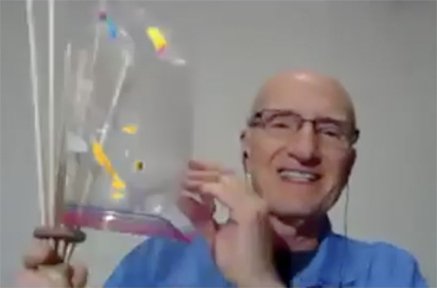
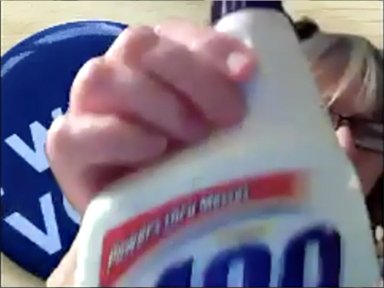
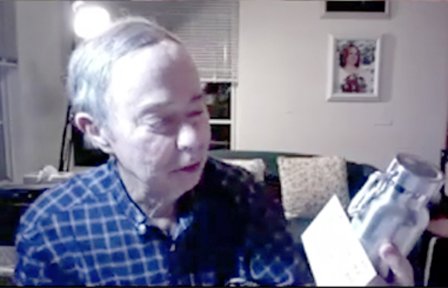
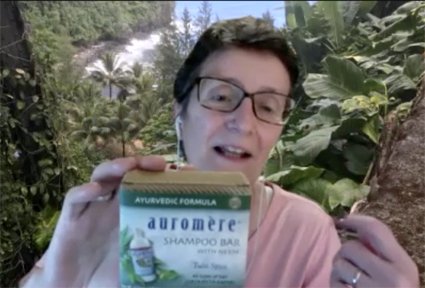
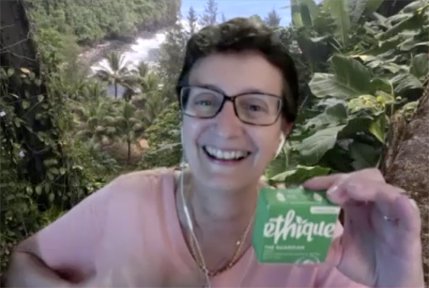
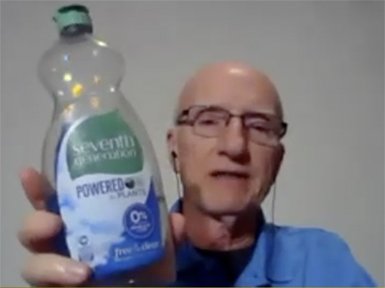
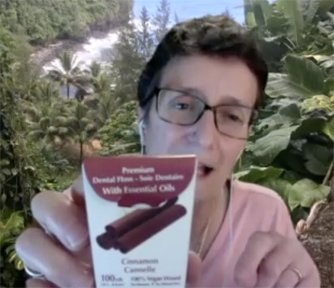
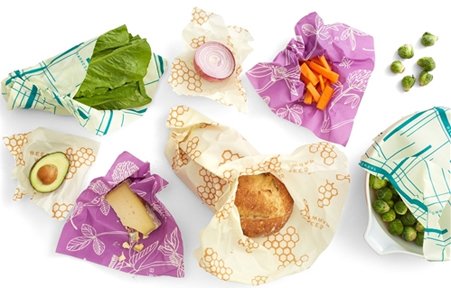
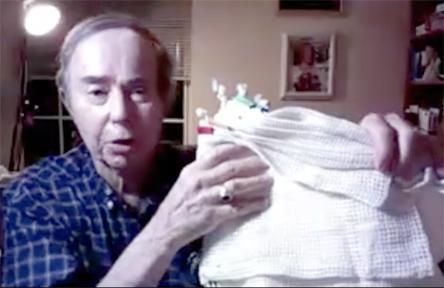
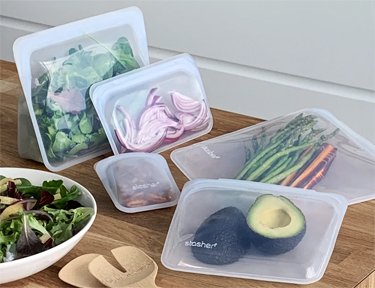
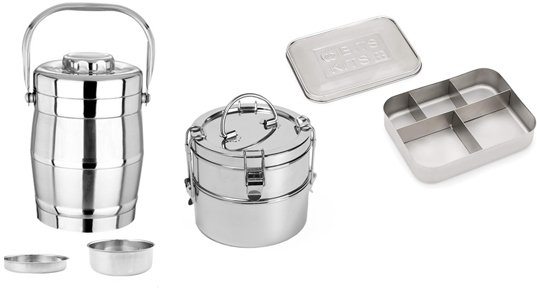
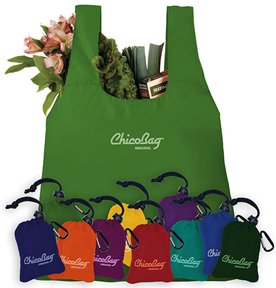
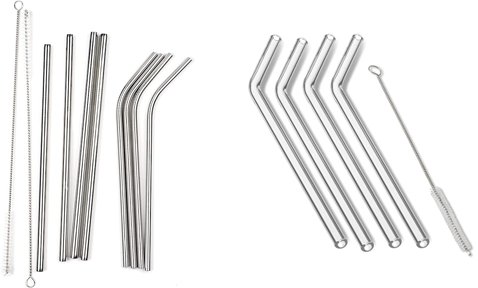
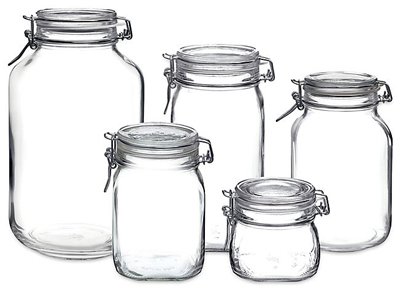
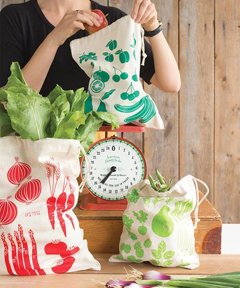
Wash and reuse the plastic bags you already have; a plastic bag drying rack is useful for this. The one pictured here is made in Canada from reclaimed wood from furniture makers.
Make your own cleaning products and put them in your old plastic bottles; click for some recipes.
Make your own yogurt; you can do this in a crock pot, instapot, on the stove, or with a yogurt maker. To avoid using milk in a plastic bottle, you can use powdered milk! Click for some recipes.
Replace plastic water bottle with stainless steel bottle: Triple Tree or Klean Kanteen
Use solid bar shampoo instead of liquid in a plastic bottle: shampoo bars are available at Sunrise Natural Foods, Briar Patch, Bel Air, and Raleys, and on-line.
Use bar conditioner instead of liquid in a plastic bottle: a variety of solid products are made and sold by Ethique (a New Zealand Company), including shampoo, conditioner, deodorant
Use silicone straws; straws are also available in glass, stainless steel, or bamboo (stainless steel conducts heat, so these straws get really cold or hot depending on the temperature of the drink)
Buy meat at the butcher counter; they wrap the meat in paper, avoiding the styrofoam containers (often the same price).
Use Seventh Generation Brand products - Seventh Generation uses recycled packaging and plant-based formulations for their products; available in many grocery stores, also Target a, CVS, Walgreens, and Walmart
Uses dental floss housed in a cardboard box rather than plastic - for example, Eco Dent Vegan Floss is available at Sunrise Natural Foods. You can also invest in a glass or metal floss container and buy refills for it.
Bring your own take out containers to restaurants.
Make your own salad dressings; click for some recipes..
Shop the perimeter of the grocery store where all of the fresh stuff is; you can avoid a lot of plastic that way.
Bring in own napkins and utensils to fast food restaurants. To do this, you need to think ahead and remember to ask them to not give you the plastic single use items when you pick up your order.
Keep your own grocery bags in your car so you have them whenever you shop.
Use cloth produce bags: here is an example of plastic-free certified organic bags with the tare weight on them.
Make your own bread to avoid the plastic bag packaging, or buy bread from the bakery part of the grocery, or from The Baker and the Cakemaker (right across the street from the State Theater: 1102 Lincoln Way). Click for some recipes.
Buy Plastic-Free products locally from the Sandalwood House, a kitchen supply store located at 896 High St. in Auburn, across from Depoe Bay
Refill your old bottles; a Refillery is now located at Rutherford Reserve (853 Lincoln Way right at Hillmont across from the Clubcar). Other refilleries in the area include the Village General Store and Refillery in Roseville, Gaia Soap Supply in Nevada City, and Refill Madness in Sacramento.
Shopping for Alternatives
Patronize a local refillery: Rutherford Reserve (853 Lincoln Way, Auburn), Village General Store & Refillery (500 Vernon St., Roseville), Gaia Soap Supply (104 Argall Way, Nevada City), Refill Madness (1828 29th St., Sacramento)
Max’s Deli: 11960 Heritage Oak Place in Auburn - this lunch restaurant uses sustainable packaging for its take-out orders
Sandalwood House: 896 High St. in Auburn (a kitchen supply store) - they sell a number of plastic-free products such as Bees Wrap, Stashers, Metal or glass straws, tiffins, glass jars, and cloth produce bags
TerraCycle: This company’s goal is to recycle and repurpose trash that would otherwise be destined for landfills or incinerators Plastics collected through the Zero Waste Box system are separated by number, melted down, and turned into pellets that can be molded and extruded to produce new products. Order a “Zero Waste” box for a fee, which includes the postage for mailing it back when it is full; they recycle the contents. There are many box choices, Carol and Barb tried the Plastic Packaging Zero Waste Box. Click on these links for comments about Terracycle’s effectiveness: Does Terracycle Really Recycle (Green and Grumpy) and Thoughts on Recycling with Terracycle (The Environmental Center - Bend, OR)
How We Recycle: Zero Waste Box: Terracycle explains what happens to your terracycle box contents once you return it to TerraCycle.
Package Free: This zero-waste US-based company sells plastic-free products and ships them with out plastic packaging.
Seventh Generation Plastic Free Homecare: sells a line of powdered and dry home cleaning products packaged without any plastic (sold exclusively through Grove Collaborative)
Blue Lake Ecolife: a wide variety of products made without plastic and shipped plastic-free. Includes clear plant-based tape and dispenser!
Earth Hero: carries a wide variety of Earth-friendly sustainable products.
Ethique: This company makes plastic-free alternatives to most products you see in your bathroom. Their solid products are made with only biodegradable, palm oil-free, naturally-derived and sustainably sourced ingredients. AND, they use plastic free shipping. The company is New Zealand based but with stocks all over the world (including the US).
Blueland: This US-based company sells plastic-free refillable containers and a variety of soaps and cleaning products in tablet form to refill those containers. You just fill your “Forever Bottle” with water, drop in your cleaning or soap tablet. They ship with plastic-free packaging.
4ocean: This organization is actively engaged in cleaning up and documenting plastic in the oceans. They are funded solely by purchases of products created by recycling the plastic that they recover.
Etee: Plastic-free household items from Canada. Etee products are all made with 100% biodegradable, natural materials, and are packaged for shipping in plastic-free materials.
Dropps: sustainably package laundry products
TruEarth: Mainly sells laundry soap strips (also from Canada), but has a few other plastic-free household items as well.
Zero Plastic Dog Poop Bags: Corn-based bag for picking up after you dog; breaks down in 90-180 days; made in China.
Last Object: Reusable products created to replace single use products such as cotton swabs and tissues
Earth Zip: Silicone storage bags to replace single-use ziplocks
Did you know that some tea bags contain plastic?? Maybe we shouldn’t be composting our teabags after all! Best to brew with loose leaf tea, or find out if your favorite brand contains plastic.
How to Eat Less Plastic
Check out this short video from Consumer Reports. Interested in the full report? Click here.
The video offers 6 tips for reducing micro-plastics in your life:
drink water from your tap (using a non plastic container)
don’t heat food in a plastic container (and don’t put plastic in the dishwasher)
avoid plastic containers with codes 3, 6, and 7 - these may have potentially harmful chemicals in them
eat more fresh food (rather than food that comes wrapped in plastic)
minimize household dust (contains micro-plastics)
think big picture - stop the skyrocketing increase in plastics (expected to quadruple by 2050) by avoiding products packaged in plastic and using reusable non-plastic containers.
Mission Earth Note: Be sure to support legislation that requires plastic manufacturers to be responsible for the plastic that they are creating. Less than 10% of the plastic we have created so far has actually been recycled. The burden of recycling so far has been placed on the consumer - economic incentives to use less plastic or to recycle more plastic will only happen if that burden is shifted to the companies that make and promote the use of single use plastics.
Working on Solutions
Plastic-Free President Petition - this petition is supported by the UUMFE (UU Ministry for the Earth) and urges President Biden to be a leader in the fight against plastic pollution
Podcasts from Upstream Solutions: features interviews with the activists, alchemists, strategists, innovators, entrepreneurs, community leaders and other champions of the movement to end plastic pollution.
NexTrex film and bag recycling program through local stores; click here for a list of participating stores, then call your local store to see if they are participating!
Campaigns or movements you can join:
Watch A Film or Video Short
Breaking It Down: 2-3 minute video shorts about the science of plastic pollution in user-friendly, non-judgemental terms
Rethinking the Circular Economy (~4 minute animated explanation)
A Brief History of How Plastic Has Changed Our World (~5 minute video from National Geographic)
Youth Leaders Reveal the #BrandAudit2021 Top Corporate Plastic Polluters - 1 minute video promoting the Break Free From 2021 Plastic Brand Audit
UN Environment & their Clean Seas campaign: Plastic Pollution: How Humans are Turning the World in to Plastic



